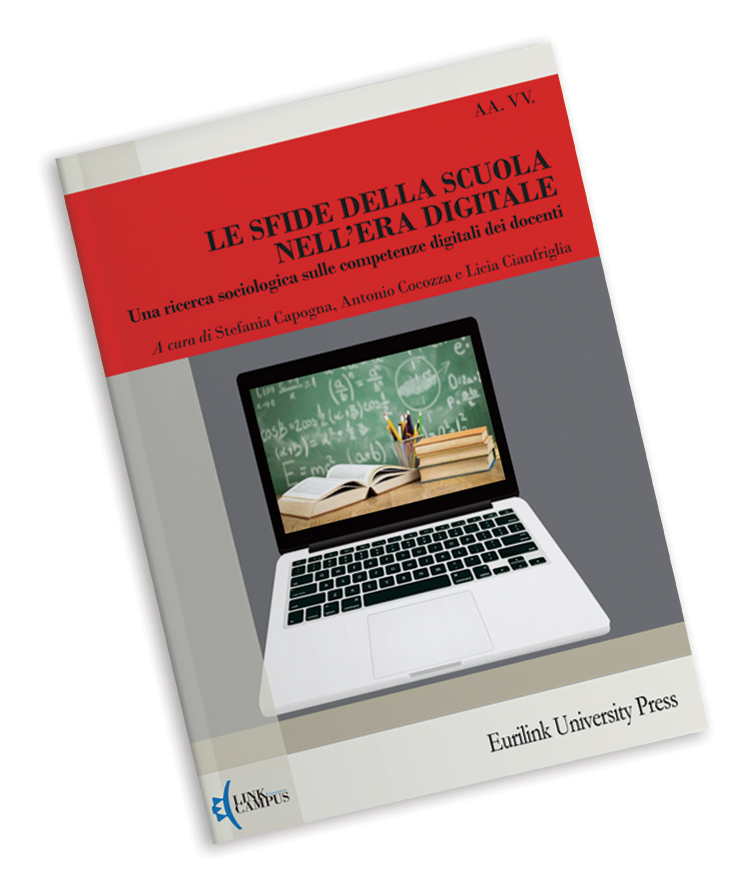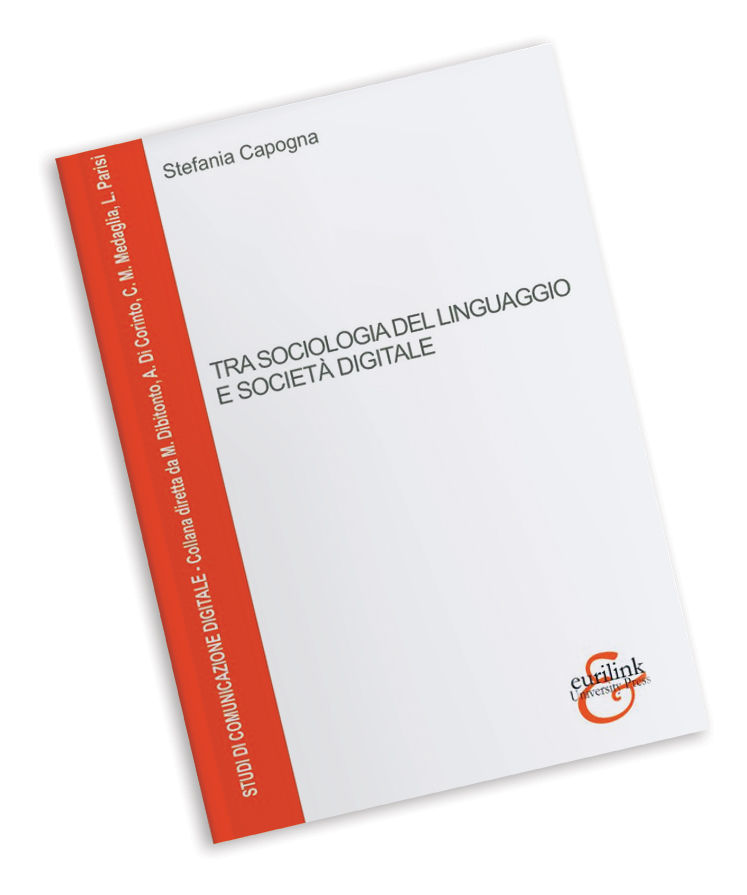
Analysis on distance learning during the COVID-19 emergency
The investigation seeks to understand what were the main critical issues and the intervention strategies adopted by the various actors involved in Distance Learning during the emergency.

The investigation seeks to understand what were the main critical issues and the intervention strategies adopted by the various actors involved in Distance Learning during the emergency.

Quaderni di Comunità is an academic journal. The goal is to guarantee a public space aimed at the debate of scholars, research groups and stakeholders who recognize the person as an inalienable resource for the success of any process and context, and the principle of care as a model to strive for to favour a real culture of quality and responsibility for all.

This work illustrates the main results of the DECODE project “DEvelop COmpetences in Digital Era”, carried out within an international partnership that involved universities, research centers, training institutes, schools and professional associations, within the framework of a project Erasmus + KA2

The work is part of the sociological research trend by adopting a qualitative and quantitative methodology aimed at overcoming sometimes exaggerated perspectives of irreconcilability. The results presented are the result of experimental research that aims to enter the debate on public policies for education with a descriptive-interpretative intent aimed at understanding the changes taking place.
Presentation by Giorgio Rembado. Foreword by Antonio Cocozza. Introduction by Stefania Capogna. Afterword by Derrick de Kerckhove
Authors: Stefania Capogna, Annalisa Buffardi, Samuele Calzone, Claudia Chellini, Licia Cianfriglia, Maria Chiara De Angelis, Concetta Fonzo, Daniela Morabito, Flaminia Musella, Stefano Mustica, Stefania Nirchi, Andrea Pisaniello.

by Stefania Capogna, with the contribution of Donatella Cannizzo and Eleonora Sparano.
The use of language, its sounds and its symbolic evocations represent one of those daily activities so predictable and pervasive as to be absolutely imperceptible and invisible to attention, like the air we breathe. Every aspect of human life is imbued with language, it accompanies life from the very first cry, because it is the medium, or rather the first “interface”, through which the subject can communicate to himself, to the world and to others; it is so natural, dynamic and changing, and it is so connatural to our being in the world that it is difficult to scrutinize and harness within univocal definitions. The primary objective of this compendium for didactic use is to try to define, through an interdisciplinary reading, the theoretical framework, the basic principles and essential notions,